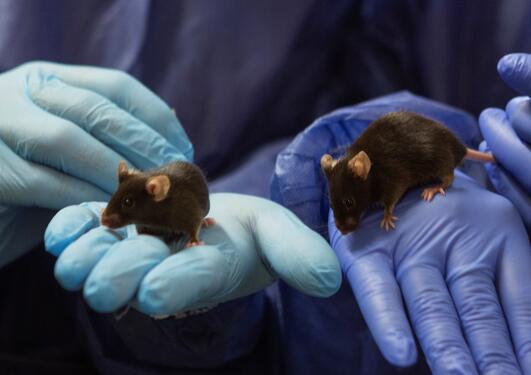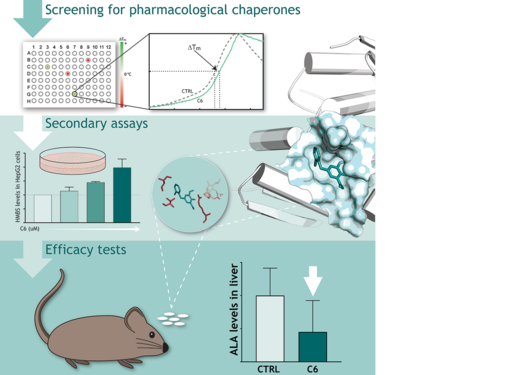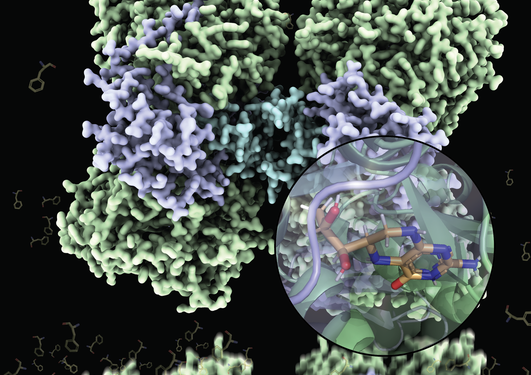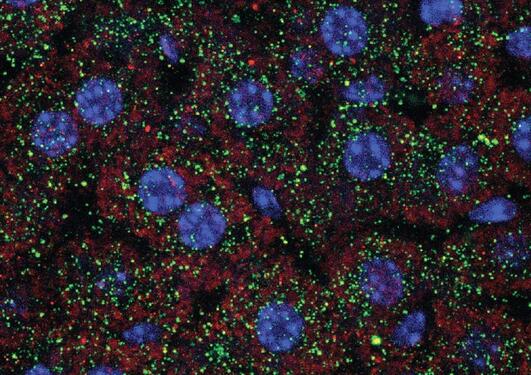
The Martinez Lab studies the relationship between molecular structure and function to understand human health and disease. We use a combination of computational and experimental techniques, within the fields of biophysics, biochemistry and cellular biology. We aim to develop new therapeutic options for inborn errors of metabolism, in particular Phenylketonuria and neurotransmitter disorders (e.g. tyrosine hydroxylase deficiency).
Permanent staff:




